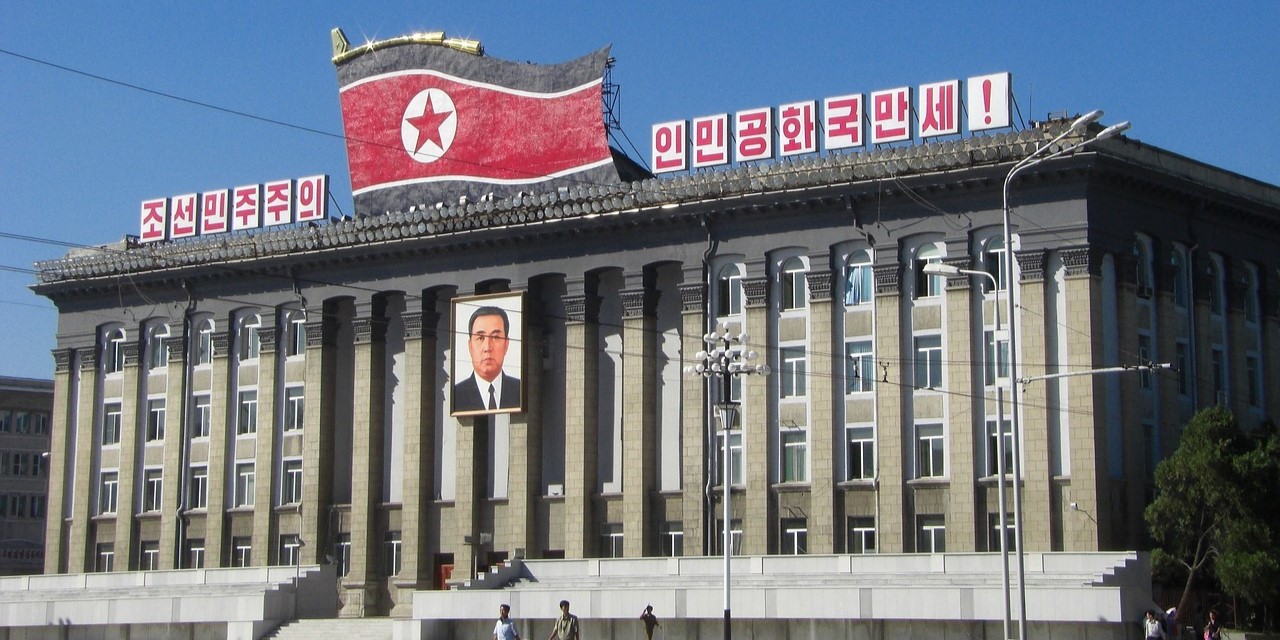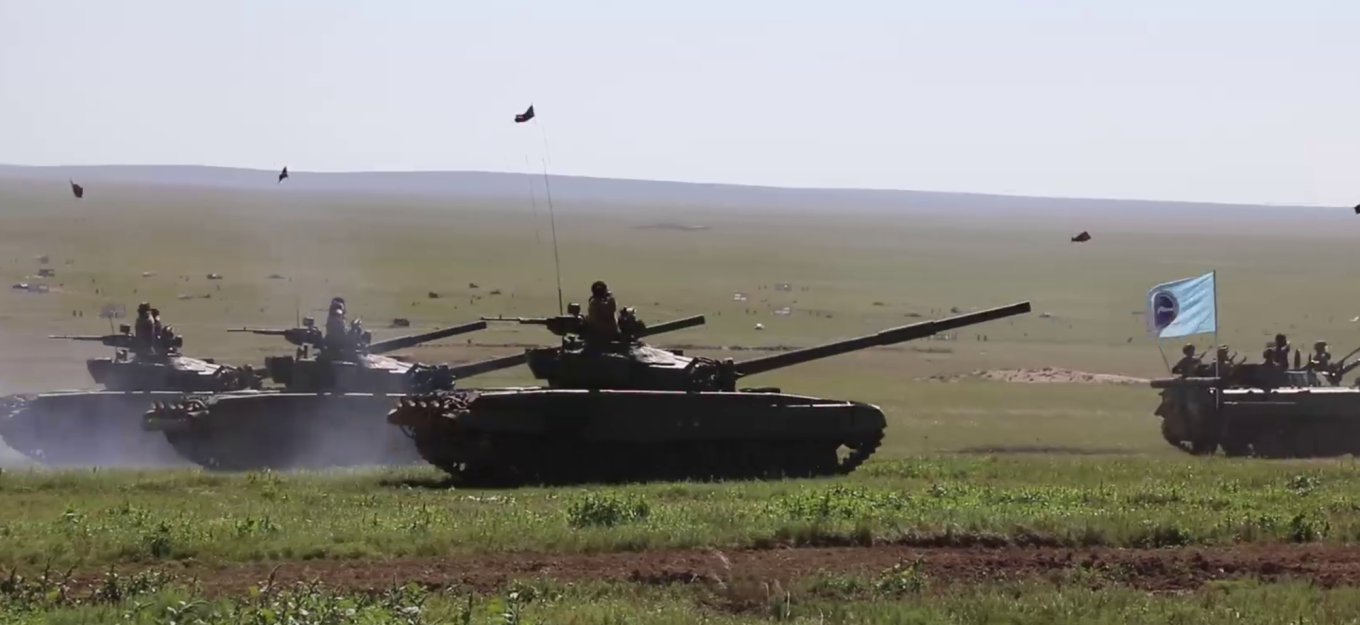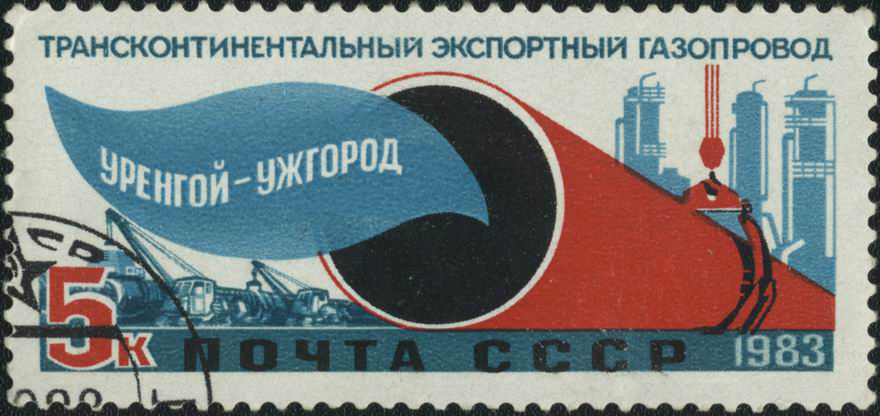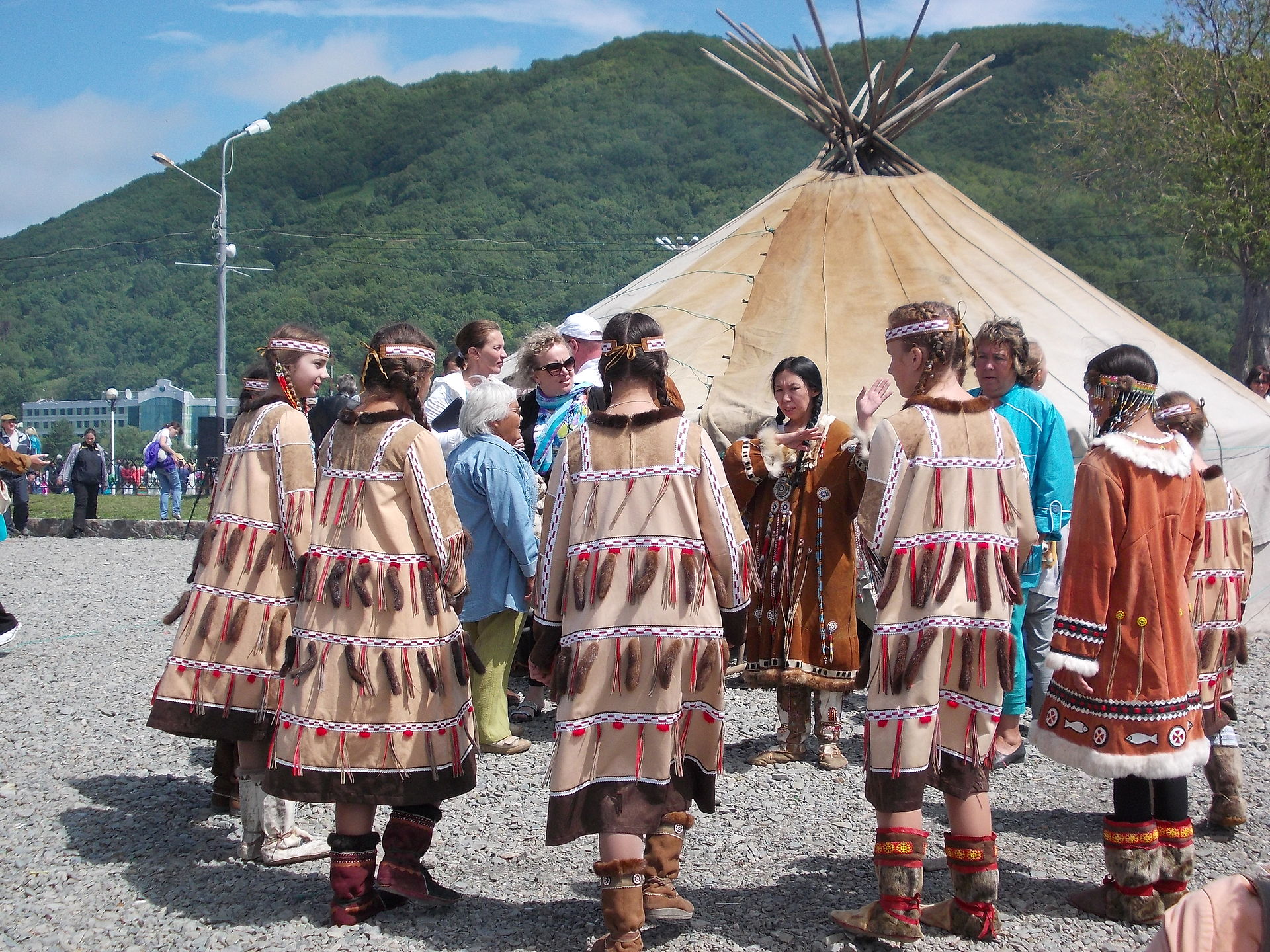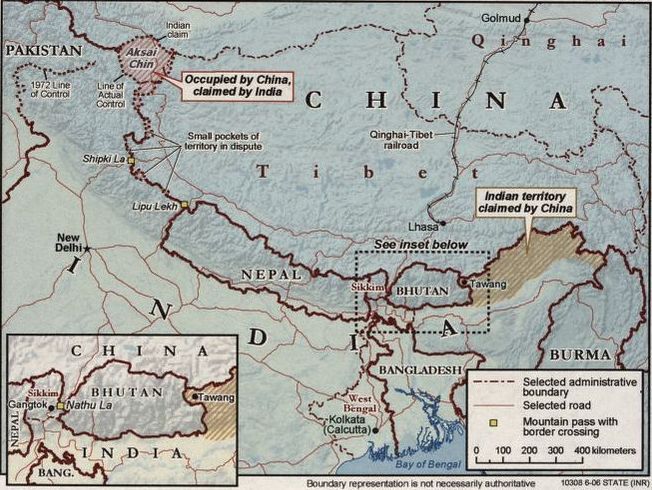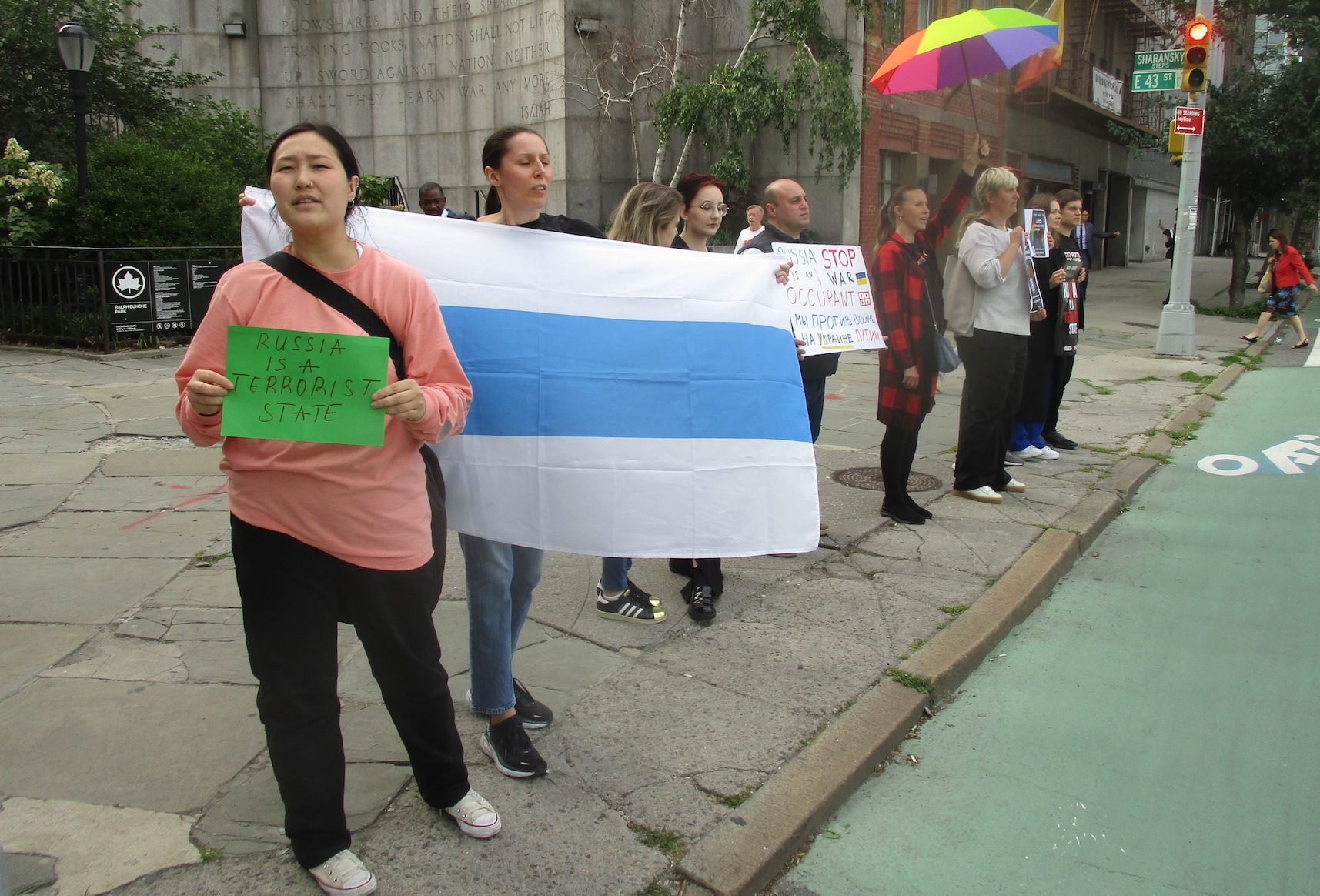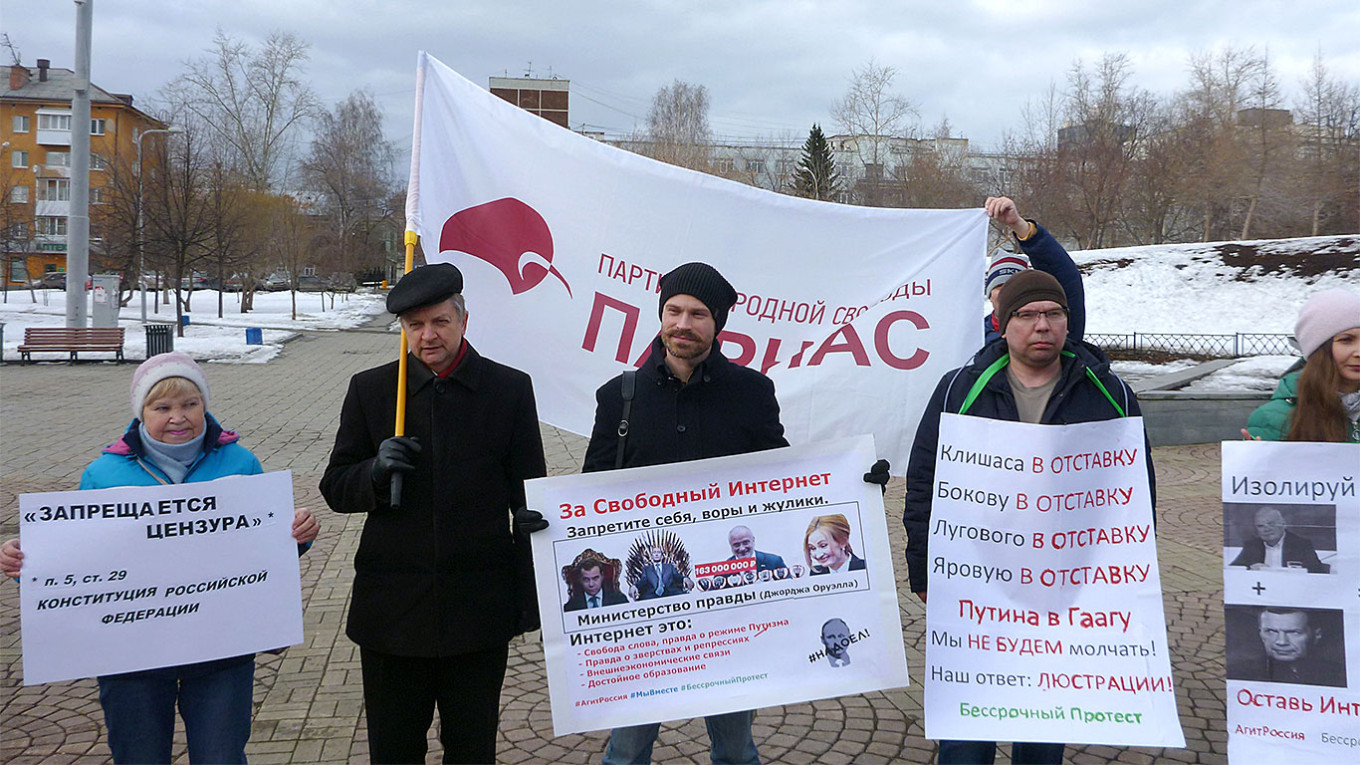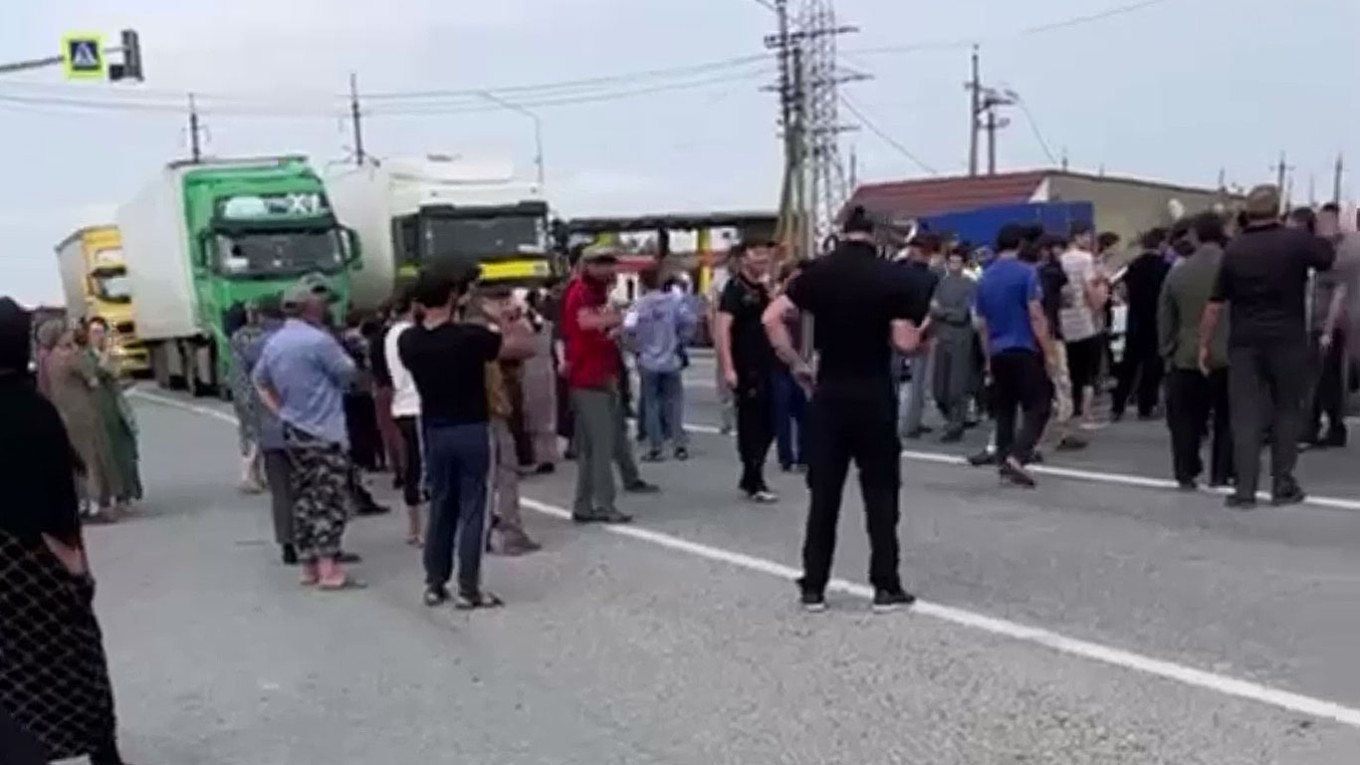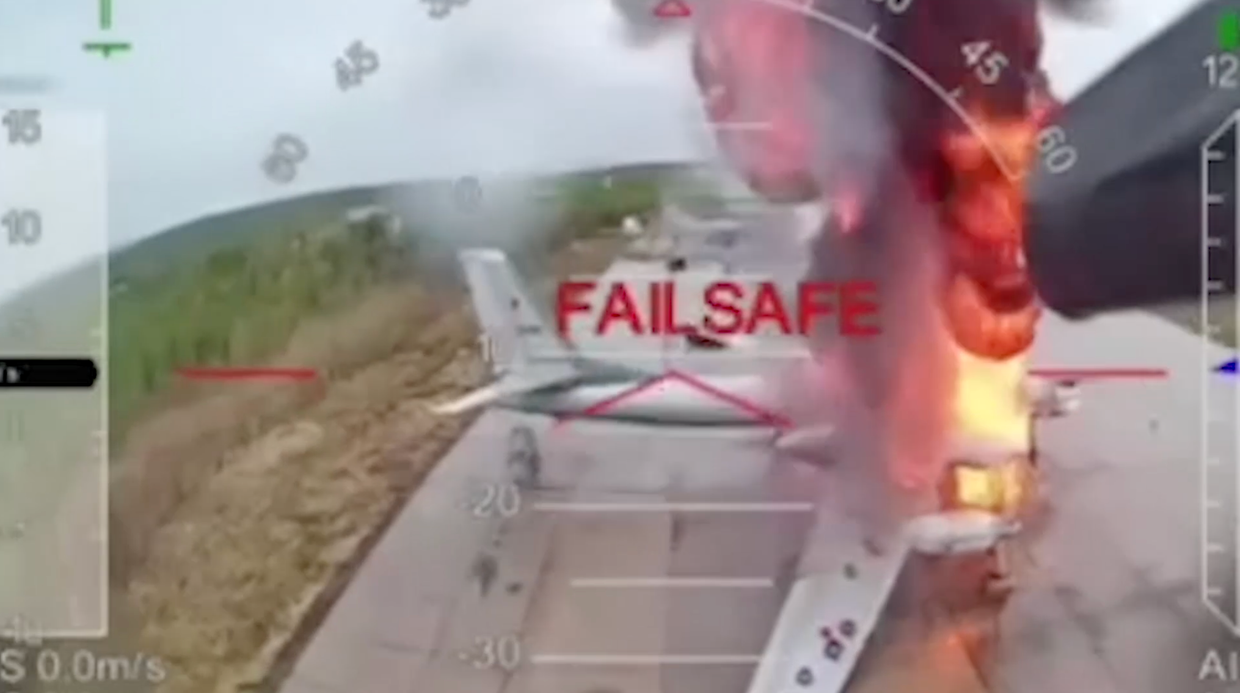
Operation Spiderweb: Russia responds with nuclear threats —of course
In a covert operation dubbed “Spiderweb,” the Security Service of Ukraine (SBU) destroyed or damaged 41 Russian warplanes at four air-bases across the Russian Federation—Belaya (Irkutsk oblast, Siberia), Olenya (Murmansk oblast, in the Arctic), Dyagilevo (Ryazan oblast, near Moscow) and Ivanovo (in the eponymous oblast, also near Moscow). Kyiv claims it has disabled 34% of Russia’s strategic bomber fleet in the operation, carried out with over 100 drones launched from trucks hidden across Russian territory. While the Kremlin’s top officials, including President Vladimir Putin, have not commented on the Ukrainian operation at all, Russian pro-war propagandists are calling it “Russia’s Pearl Harbor,” and demanding vengeance. Prominent state TV personality Vladimir Solovyov said on his program that the Ukrainian operation is “grounds for a nuclear attack,” and called for retaliatory strikes on the Ukrainian president’s office in Kyiv and airfields in NATO members Poland and Romania allegedly used by Ukrainian aircraft. (Image via Kyiv Independent)



